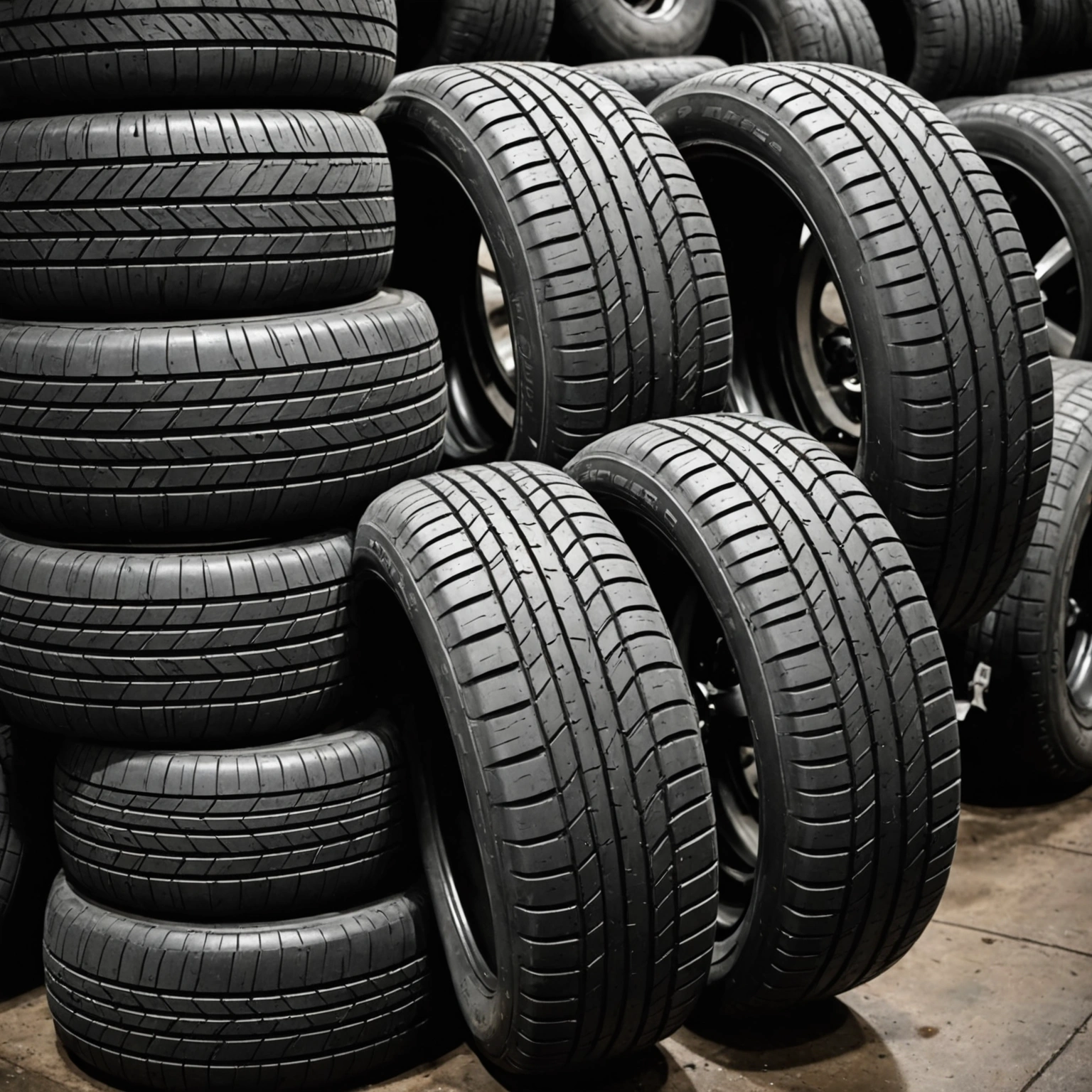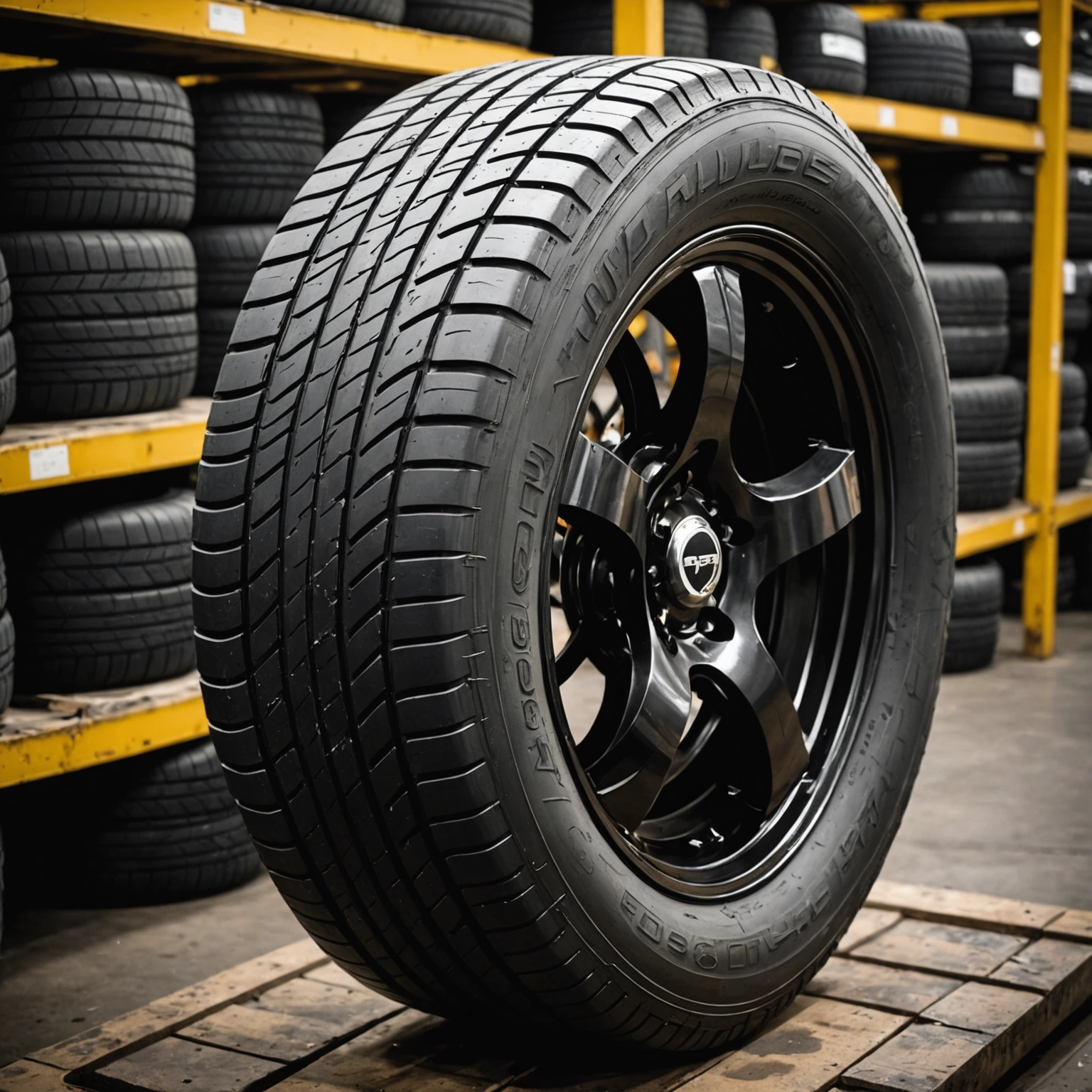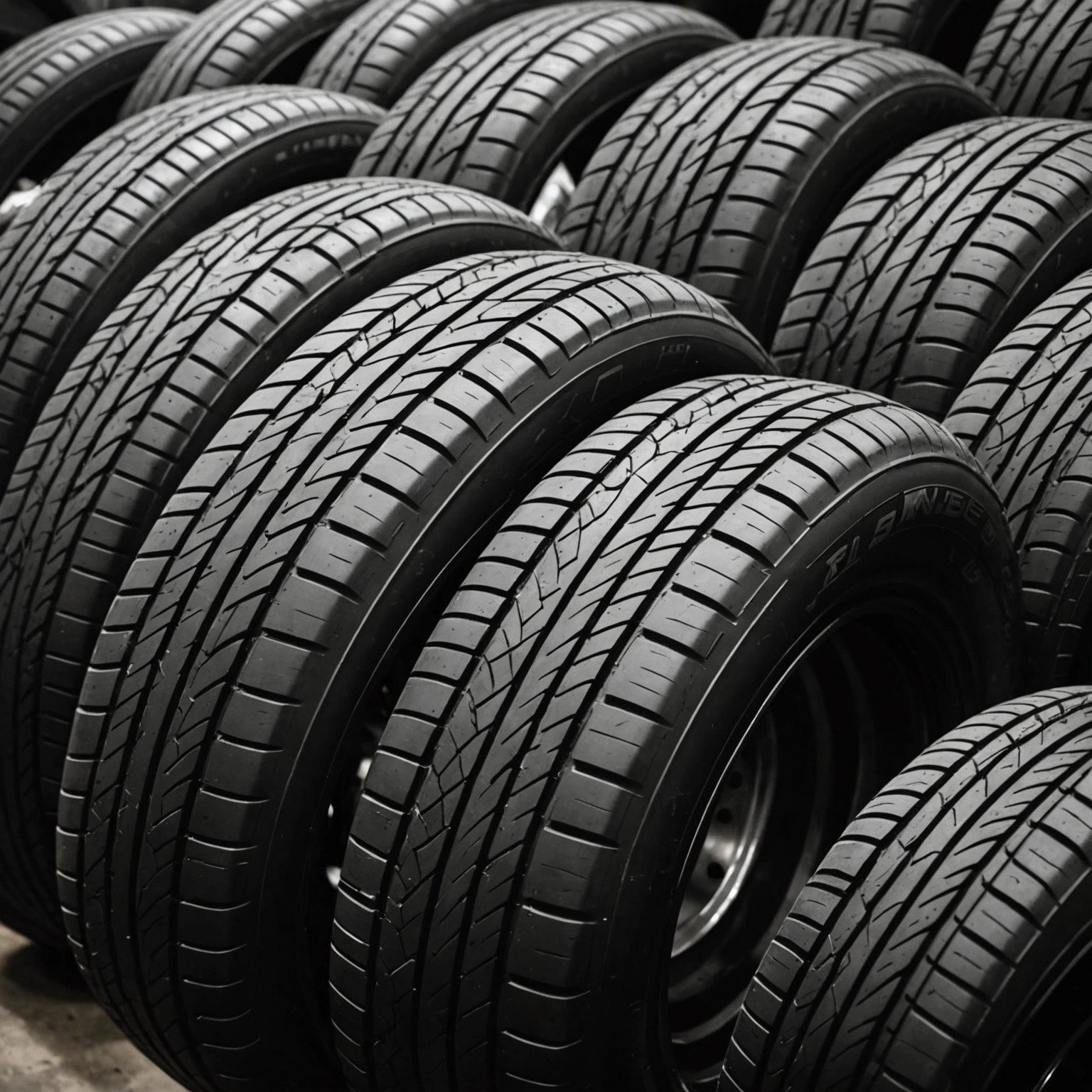**Are Tires Made from Oil? Exploring the Material Foundations of Your Tires**
When you think about tires, the first things that might come to mind are rubber, tread patterns, and perhaps the smooth glide on the road. But have you ever wondered what materials go into making those essential vehicle components? Specifically, are tires made from oil? The answer is both yes and nuanced, so let’s explore how oil and other materials come together to produce the tires we rely on every day.

### The Composition of Modern Tires
Most modern tires are complex composites designed to balance durability, flexibility, and safety. Their primary components include:

– **Rubber:** Both natural and synthetic.
– **Steel and fabric cords:** For strength and structure.

– **Fillers:** To reinforce the rubber.
– **Vulcanizing agents:** To improve elasticity and durability.

### Natural Rubber and Synthetic Rubber
**Natural rubber** is derived from latex, a milky fluid obtained from rubber trees. It has excellent elasticity and resilience, making it ideal for tire treads and sidewalls.
**Synthetic rubber** is primarily made from petrochemicals—derivatives of crude oil and natural gas. It includes varieties like styrene-butadiene rubber (SBR) and butadiene rubber, which are tailored to enhance specific tire properties such as wear resistance and traction.
### The Role of Oil and Petrochemicals
**Crude oil** is the raw material from which many synthetic rubbers are produced. Through an extensive chemical process called polymerization, hydrocarbons derived from oil are transformed into synthetic rubbers used in tires.
– **Polymer Precursors:** Petrochemicals such as butadiene and styrene are extracted from oil and gas. These serve as building blocks for synthetic rubbers.
– **Vulcanization Agents:** Sulfur and other chemicals, often derived from petrochemical sources, are used to vulcanize the rubber, giving it elasticity and strength.
### Is the Entire Tire Made from Oil?
While a significant portion of a tire’s rubber content is synthetic and derived from oil-based chemicals, it is not entirely made from oil. Natural rubber, sourced from rubber trees, also plays a vital role. Additionally, other materials—like steel for belts and fabric for casings—are sourced from different raw materials.
### Environmental Considerations
Since a large part of tire manufacturing relies on petrochemicals, the environmental impact includes oil extraction, refining, and chemical processing. This has led to ongoing research into alternative, sustainable materials such as bio-based rubbers and recycled components.
### Conclusion
In summary, **many components of modern tires are derived from oil-based products**, especially synthetic rubbers and chemicals used in vulcanization. However, natural rubber, obtained from rubber trees, also contributes significantly to tire production. The blend of natural and synthetic materials ensures that tires meet the demanding requirements of safety, performance, and longevity.
Understanding the materials behind your tires highlights the importance of ongoing innovations aimed at reducing environmental impact and developing sustainable alternatives. Next time you hit the road, you’ll know that your tires are a fascinating blend of natural resources and advanced chemistry—all designed to keep you moving safely and efficiently.

